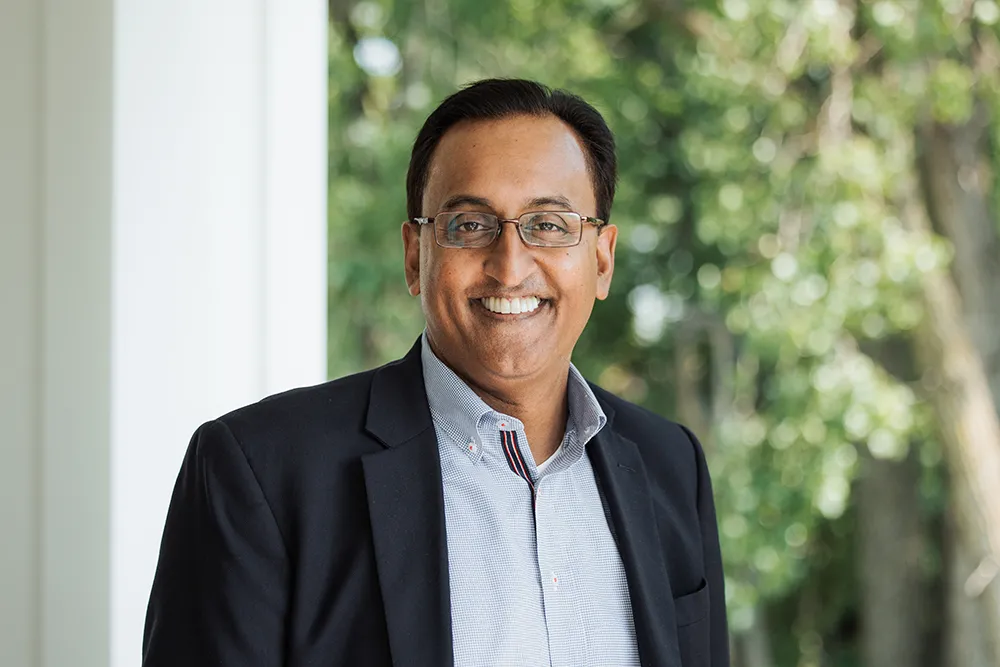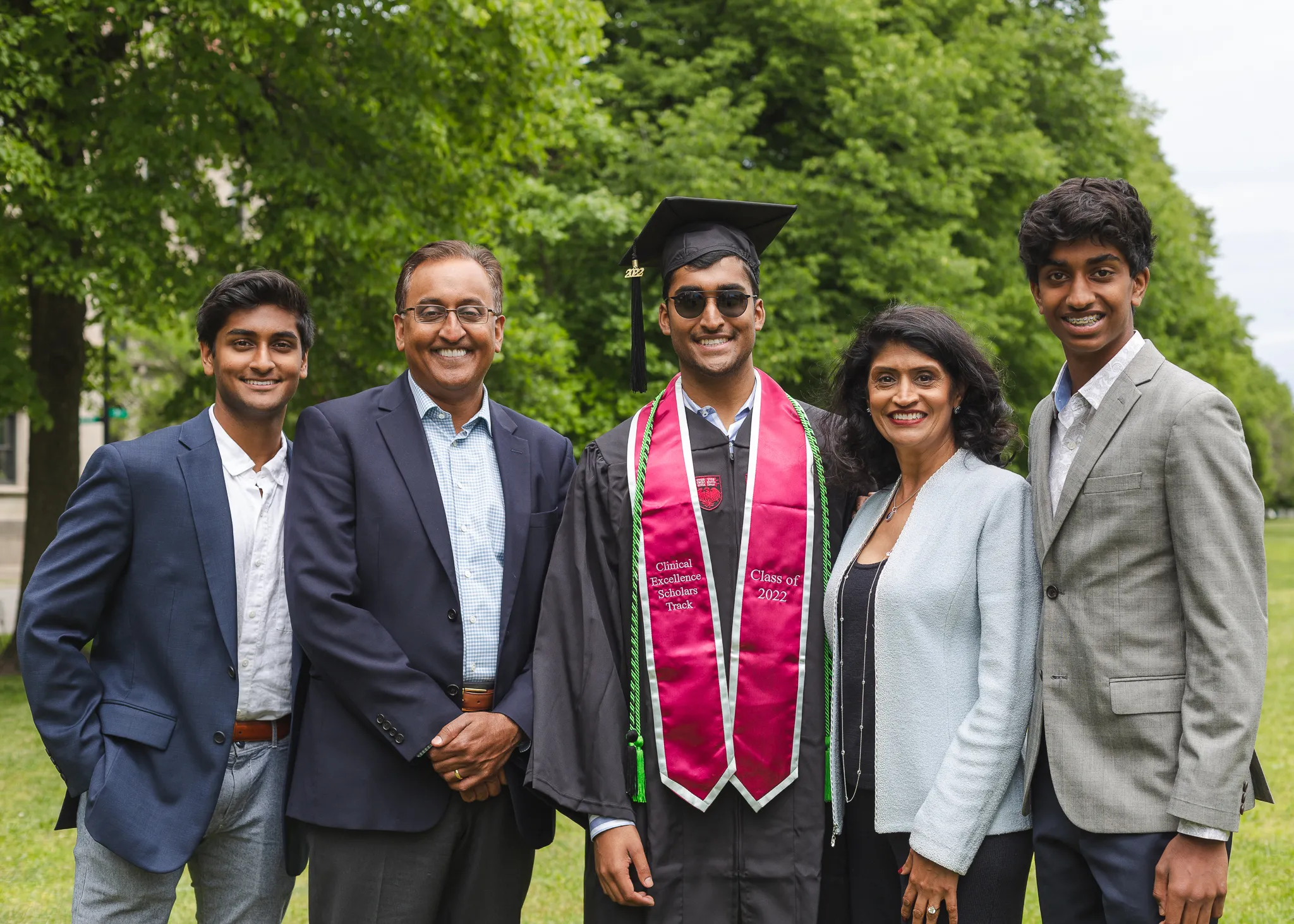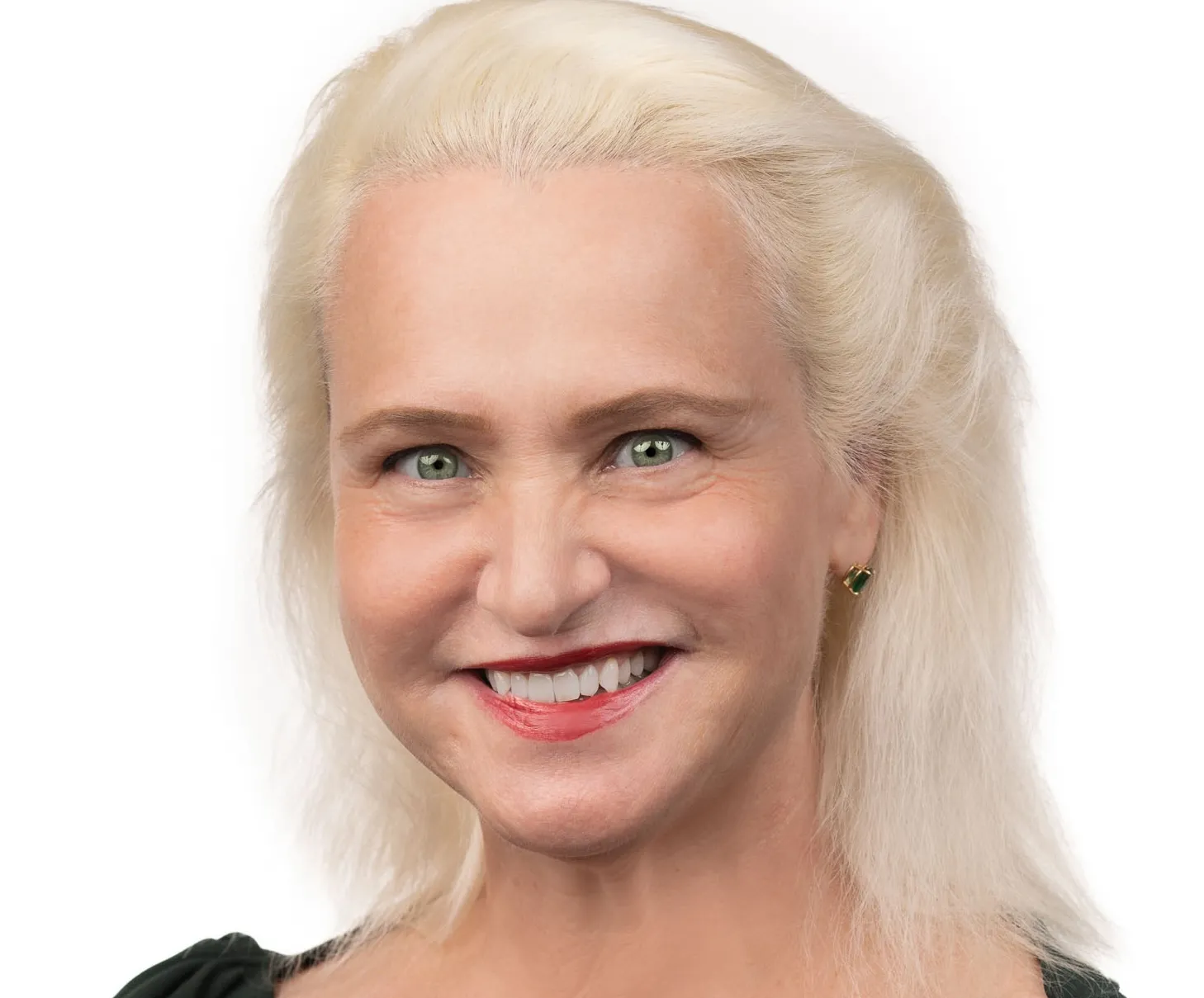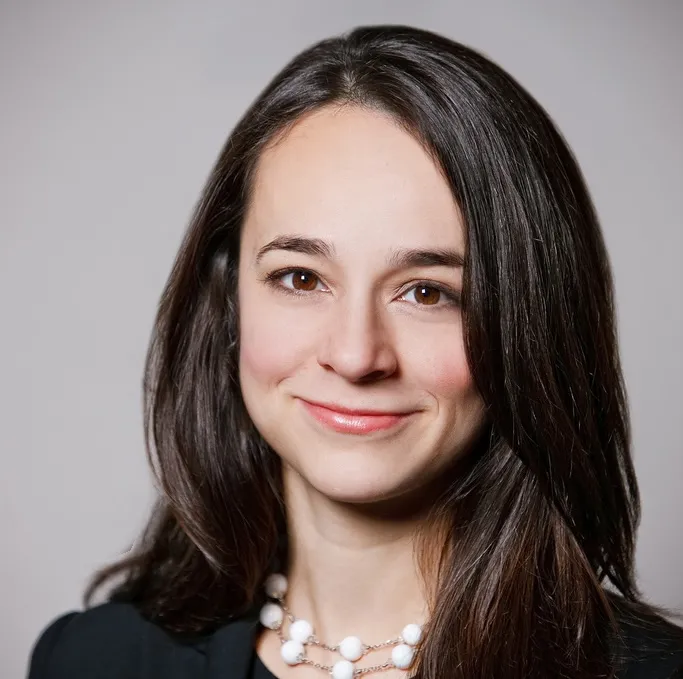Ashish Prasad, ’93: Empowering Legal Professionals in the New Frontiers of Technology

For more than 20 years, Ashish Prasad, ’93, has been at the forefront of advances in discovery in complex litigation and government investigations. He has built a robust career in the private sector while sustaining deep commitments to serving the public and sharing his knowledge.
In 2003, when Prasad was a litigation partner at Mayer Brown, he helped launch the firm’s electronic discovery and records management practice, which became the top e-discovery practice in the United States.
In 2008, he took an extended leave of absence from the firm to form his own e-discovery company. “I could see that e-discovery functions were going to migrate from law firms to service providers to reduce costs and increase efficiencies,” Prasad said. “As much as I loved Mayer Brown—where I had started right out of law school and had great mentors and wonderful experiences—the opportunity was irresistible.” His wife left her position at General Motors to help grow the business and raise their three young sons.
The path to entrepreneurial success was not smooth at first, in part because the financial crisis hit just as the company was finding its footing, but after six years Prasad’s firm was acquired by a larger company. Prasad helped grow that company until it was sold in 2019 to HaystackID, where he is now vice president and general counsel and leads its corporate consulting practice. In addition to being one of the largest e-discovery companies in the United States, HaystackID has practices focused on AI, cybersecurity, and other technology applications.
“As I discovered more opportunities in business,” Prasad said,“it created more ways to serve judges, government lawyers, and law students.” Because courts and government agencies needed e-discovery expertise but lacked funding, he created educational programs for judges and government lawyers, and he has contributed to the programs of the Federal Working Group on Information Governance and the Federal Judicial Center.
To further help fill gaps in practice education, he took on leadership roles at the Electronic Discovery Institute and the Practising Law Institute, where he cochairs its program on AI ethics. He has authored more than 30 articles and edited leading treatises that assist courts in resolving discovery disputes.

“The University is more than a place. It is an idea that is unique and important to the world.” Ashish Prasad
With Patrick Oot, Prasad cofounded the Government Investigation and Civil Litigation Institute, which promotes collaboration among government lawyers, judges, corporate counsel, law firms, and scholars. He helped develop an e-discovery program for the US Army Judge Advocate General Corps and is currently developing a free training program on AI for state and local prosecutors.
Prasad has also served as board chair of the Midwest Region of the US Fund for UNICEF and as a board member at Lurie Children’s Hospital of Chicago.
Next year Prasad will teach a course at the Law School called Litigation Technology and Professional Responsibility.
“I have taught at other law schools, and I have taught lots of very bright judges, lawyers, students, and businesspeople,” he said. “But I know what it’s like at UChicago—how smart, prepared, and motivated my students are going to be. I’m looking forward to a challenge that will surely keep me on my toes.”
Prasad’s three sons have all attended college at UChicago. He said that his reverence for the University is reflected in the advice he gave them: “I told them that the University is more than a place. It is an idea that is unique and important to the world. The idea is that the production of knowledge is part of our expected contribution to the betterment of humanity. They can produce knowledge as practitioners of medicine, law, or business, by writing and teaching about the deeper issues underlying their work. This would allow them to be true to the idea of the University, at least as I have understood it.”
Reflecting on his own journey, he said: “I leave it to my betters to judge whether I have succeeded in doing this in my career. I am content to have tried and, hopefully, I will have left it all on the field when I am done.”


